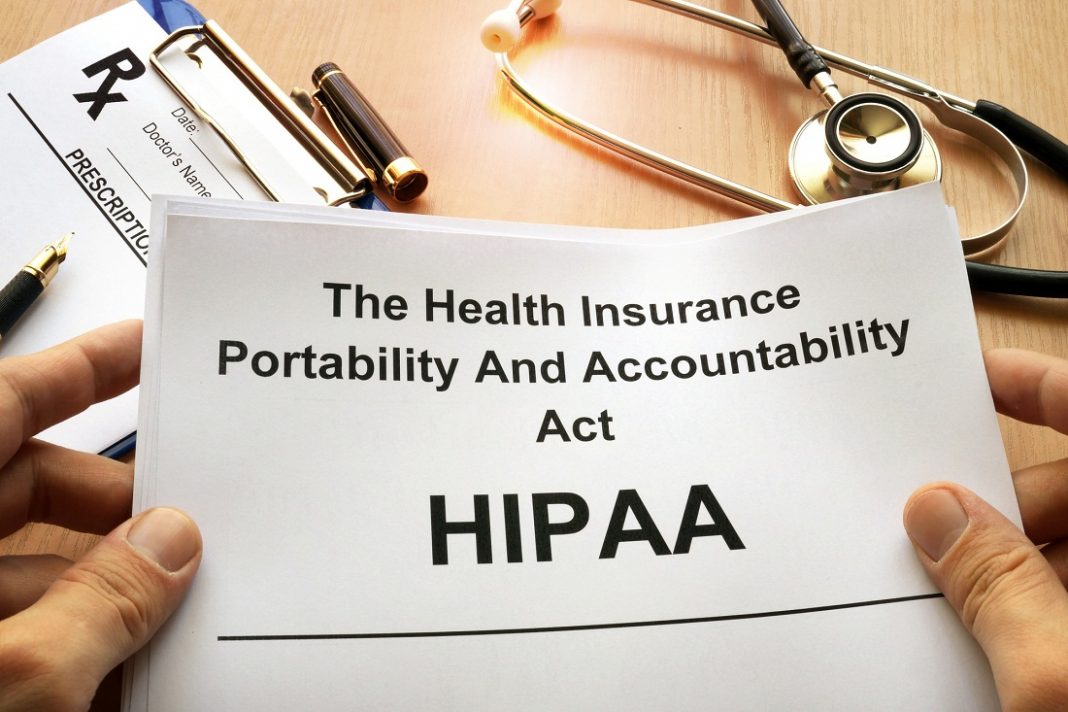In 2019, there were nineteen documented HIPAA violations. These violations come with severe penalties. Depending on how serious the offense was, penalties can include fines, jail time, or even closure of your business.
Being able to avoid these severe penalties means understanding what is considered a violation. So what are HIPAA law violations? Continue reading to find out.
What Is a HIPAA Violation?
HIPAA is an acronym for the Health Insurance Portability and Accountability Act. A violation is a failure to comply with any standards, provisions, and regulations detailed in this act.
Examples of HIPAA Violations
There are many ways to violate HIPAA regulations. The original act and its provisions are well over one hundred pages, so it’s normal to have felt some confusion over what is or isn’t allowed.
A few examples of common HIPAA violations include:
- Disclosing protected health information (PHI) when not allowed
- Accessing PHI without authorization or allowing another unauthorized person access
- Disposing of PHI improperly
- Failing to conduct a risk analysis
- Failing to provide patients with their PHI upon request
- Stealing patient records
These are only a few of the most common examples and are far from an all-inclusive list.
Best Practices for Avoiding Violations
Although reading a complete guide on HIPAA rules is the best strategy for avoiding violations, there are other things you can do. A few best practices are explained below.
Develop a Strategy
You should develop a strategy for accessing, processing, transferring, documenting, and disposing of any personal health information. This strategy should be developed and implemented from the very start of your business.
Self-audit Regularly
It isn’t enough to implement a strategy. You also need to be self-auditing your system and the entire company regularly to ensure compliance.
During your self-audit, make sure you’re assessing your company for any technical, physical, or administrative gaps in compliance. If you find cracks, address them immediately so they don’t create a more significant issue. Likewise, if an employee is responsible for the gap, directly address their lack of compliance.
Train Employees
Your employee onboarding process should include detailed training on how to follow HIPAA regulations. Keep employees updated on any changes in your company’s HIPAA policies and additional provisions that may have been made. Ensure employees know they can come to you with any questions they have.
Document All Compliance Efforts
You should be keeping detailed documentation on how your company is complying with HIPAA regulations. Organize and save these documents in the event your company’s compliance ever comes under question.
More Questions About HIPAA Law Violations?
HIPAA law violations are any acts that fail to comply with the act’s standards, provisions, and regulations. Thankfully, there are many ways you can help your company stay HIPAA compliant, as detailed above.
Do you have more questions about HIPAA law violations?
Check out our other blog posts. You’ll find articles on business, law, and related topics to help you learn more on the matter.

